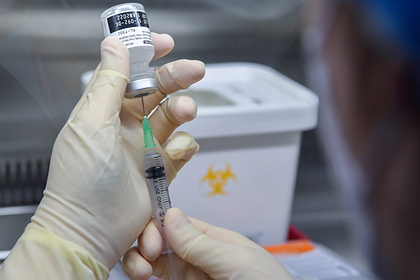
A group of scientists identified four diseases that increase the risk of being admitted to hospital with severe COVID-19. The main causes of complications from coronavirus are described in a study published in the scientific journal of the American Heart Association.
Using mathematical modeling, scientists estimated the number of hospitalizations in the United States that could have been avoided if citizens had not been in four common cardiometabolic conditions: obesity, hypertension, diabetes, or heart failure. The study sample included more than 900 thousand cases of hospitalization of patients with coronavirus until November 18, 2020.
So, 30 percent of patients with coronavirus who participated in the study were obese, 26 percent of patients were diagnosed with hypertension, another 21 percent had diabetes, and 12 percent of patients had heart failure. Scientists estimate that the risk of being hospitalized will be reduced by 11 percent if the prevalence of each of these diseases is reduced by 9 percent.
Researchers associate the severe form of COVID-19 with the age of the patient. Diabetic patients under 50 who have been diagnosed with the coronavirus were hospitalized in 8 percent of cases. However, people over 65 were hospitalized in 29 percent of cases.
The lead author of the study, Dariush Mozaffaryan, noted that blacks and Hispanics are most often affected by the coronavirus. His colleague Megan O'Hearn emphasized that healthcare workers should inform patients at risk of suffering severe coronavirus about preventive measures.
Earlier, scientists from the University of Hiroshima in Japan determined that vitamin B6, found in bananas and fish, could theoretically contain cytokine storms in patients with severe COVID-19. It turned out that the vitamin can alleviate the condition of patients with hypertension, cardiovascular diseases and diabetes.

